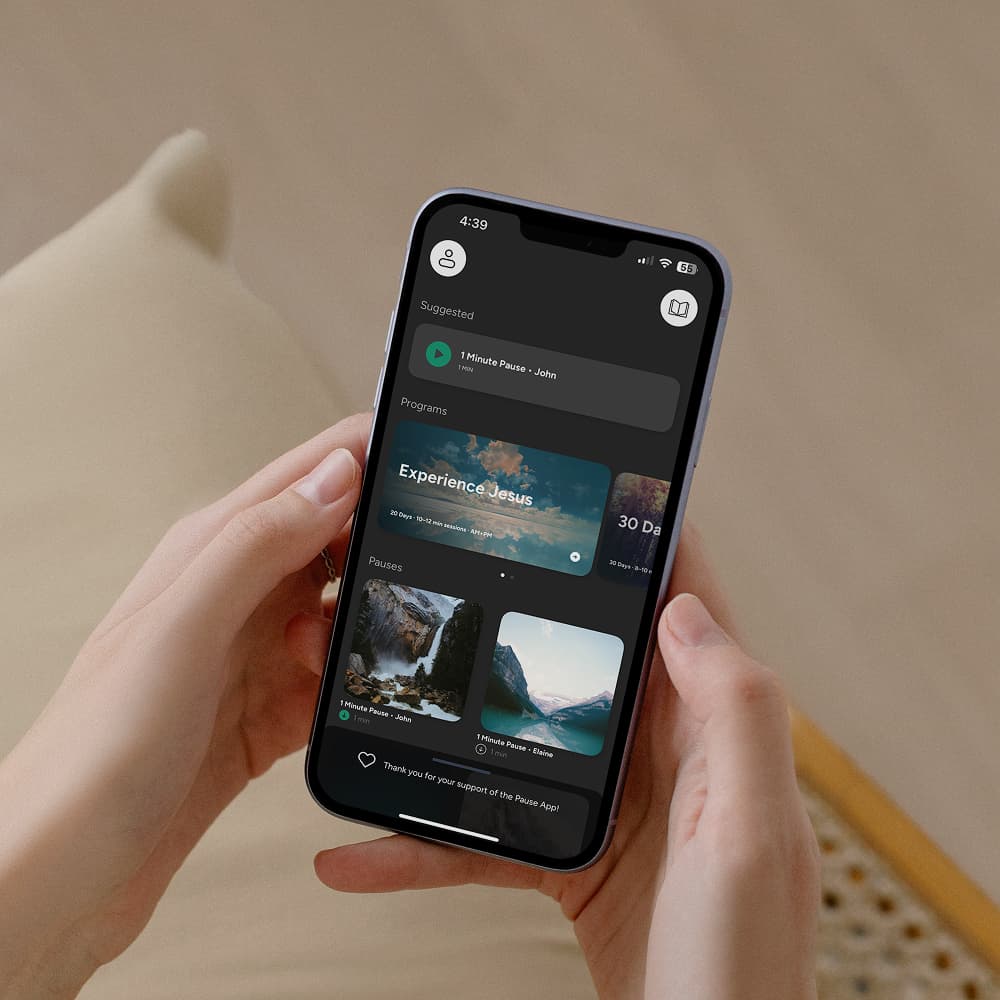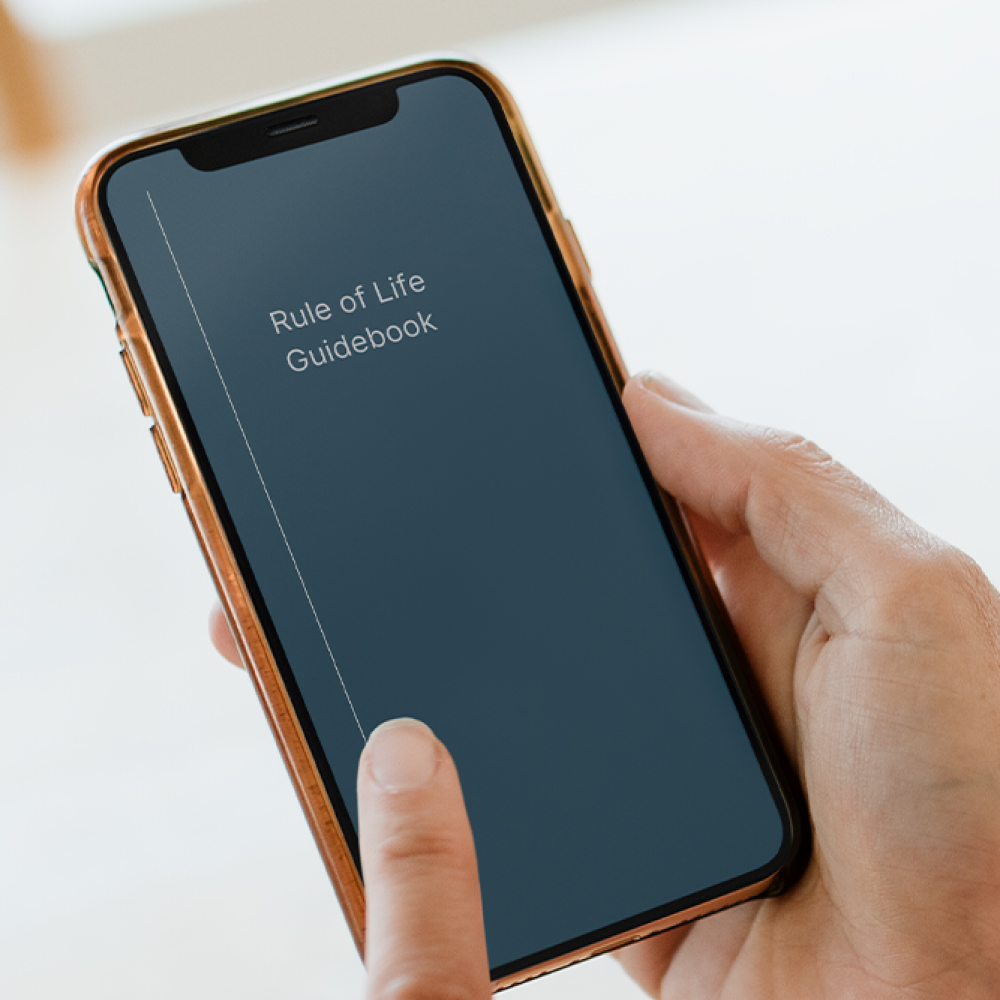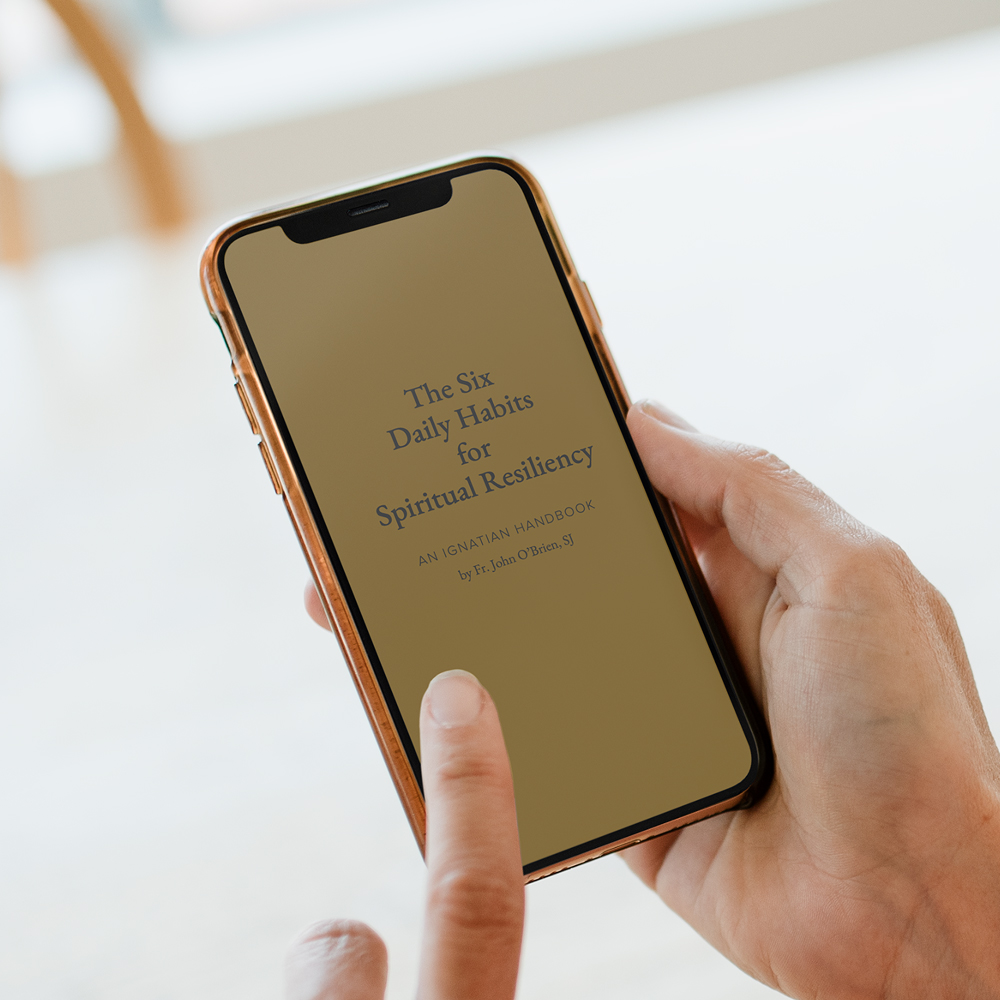One of the defining struggles of our generation is to balance the way technology occupies our attention and desire with our calling to live intentionally and boldly. Digital technology certainly enriches our lives, but we all know that restless, distracted feeling it can leave us with, too.
Cal Newport’s most recent book, Digital Minimalism: Choosing a Focused Life in a Noisy World, offers a practical and convincing solution to those of us who feel enslaved by the dizzying swarm of our technological “conveniences.” Newport, a professor at Georgetown and a New York Times best-selling author, understands that what’s needed is not merely a list of helpful tips or theorized critiques regarding our relationship with digital technology, but an entirely new approach to living.
Such an approach, according to Newport, is summed up by the phrase “digital minimalism,” which he describes as a “philosophy of technology use in which you focus your online time on a small number of carefully selected and optimized activities that strongly support things you value, and then happily miss out on everything else.”
The key word here is “happily” — Newport isn’t proposing a way of life concerned with superficial outcomes like efficiency or utility, but rather one with greater happiness and fruitful relationships.
What I appreciate most about Newport’s insights (besides the fact that they are well-researched) is that he takes very seriously the issue of our addiction to technology. To be clear, Newport is no Luddite — he’s a computer science professor, after all — so he doesn’t fault the latest technologies in and of themselves, but rather their unintentional and aimless use. For Newport, a haphazard and unreflective relationship with the latest technologies ultimately hinders a well-lived life.
Here’s his main thesis: Our lives are cluttered with technologies that offer us little benefit in exchange for their cost. For example, it’s easy to justify maintaining platforms like LinkedIn or Twitter because of the benefit of possibly connecting to others who can introduce us to new opportunities. And while that can indeed be a benefit, if it comes at the cost of spending 20 hours a week on those platforms, then we need to reconsider the actual value of that benefit.
In other words, we need to be doing a cost-benefit analysis of the technologies we use and not overlook the hidden value of our time — something that we all have in limited supply. Such costs can come in the form of weakened relationships with loved ones, feelings of restlessness, and countless hours of lost time.
Newport also highlights that we tend not to think about how we use a given technology — only whether we should use it or not. We might decide that using Netflix is worth it because it gives us access to the latest movies and shows, but we often don’t consider how we should use it. Our decision to use Netflix might be fine, but deciding to only use it in the company of others on weekends is very different than using it alone on our phones whenever we're bored.
The point, ultimately, is that we often use various digital technologies because of a vague sense of benefit without considering not only the real costs, but how best to use them (assuming we should at all). This lack of intentionality enables technology to diminish time spent in life-giving relationships or on other enjoyable activities.
Digital minimalism is a valuable and necessary solution for our modern world not only because it provides us a clear and practical approach to living well with technology, but also because its basic tenants can be applied to all areas of our lives, including our relationships, careers, spirituality, and more. By intentionally evaluating the relationships, spiritual practices, and habits that make our lives richer — and those that don’t — we can begin simplifying our lives and removing all the unnecessary clutter and distractions.
It’s ultimately an approach to life that relates to the Christian understanding of simplicity. Living simply — detaching ourselves from unnecessary desires, distractions, and worries — frees us to love and be loved more fully, which is the only source of lasting meaning in our lives.
©2024 Grotto Network













